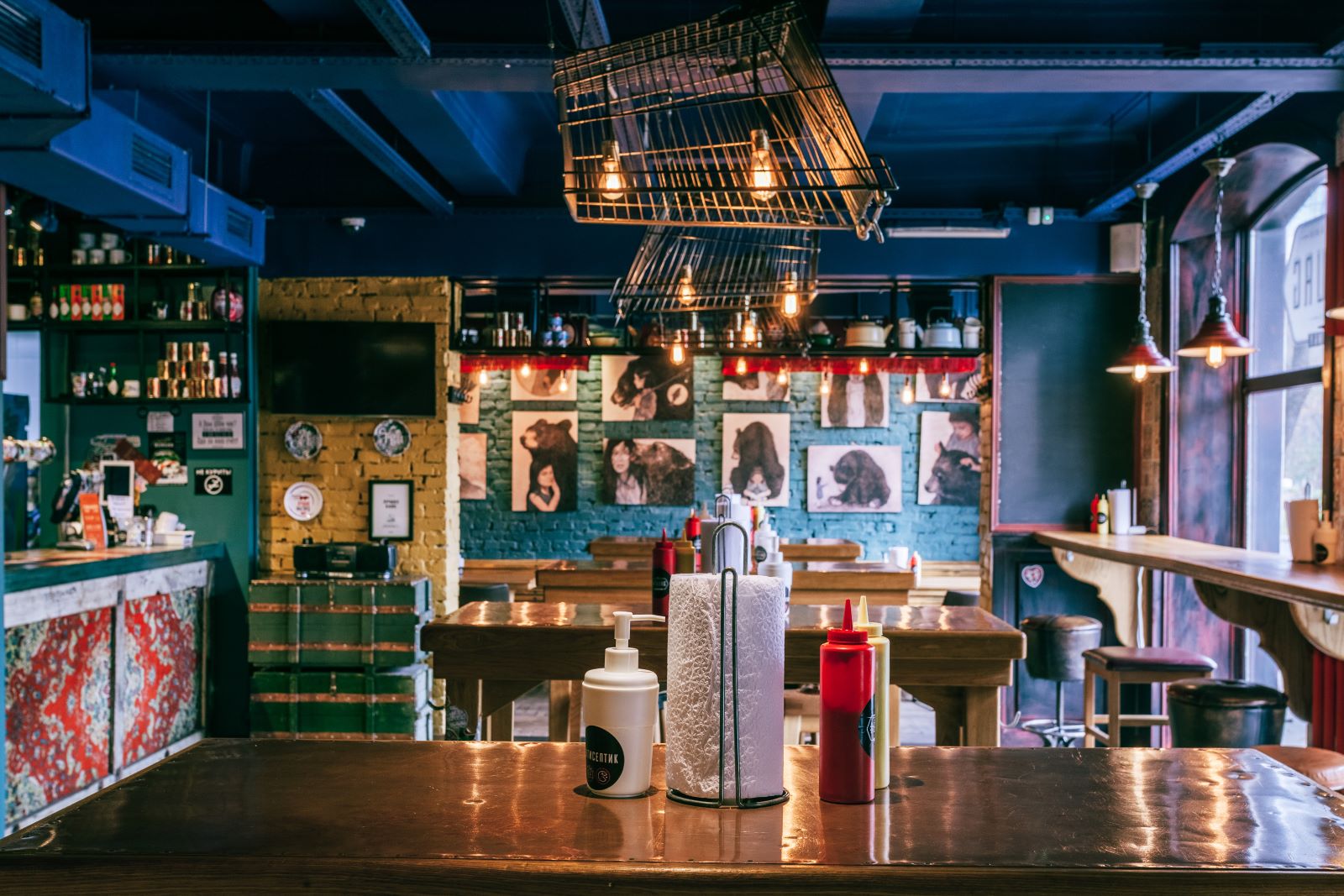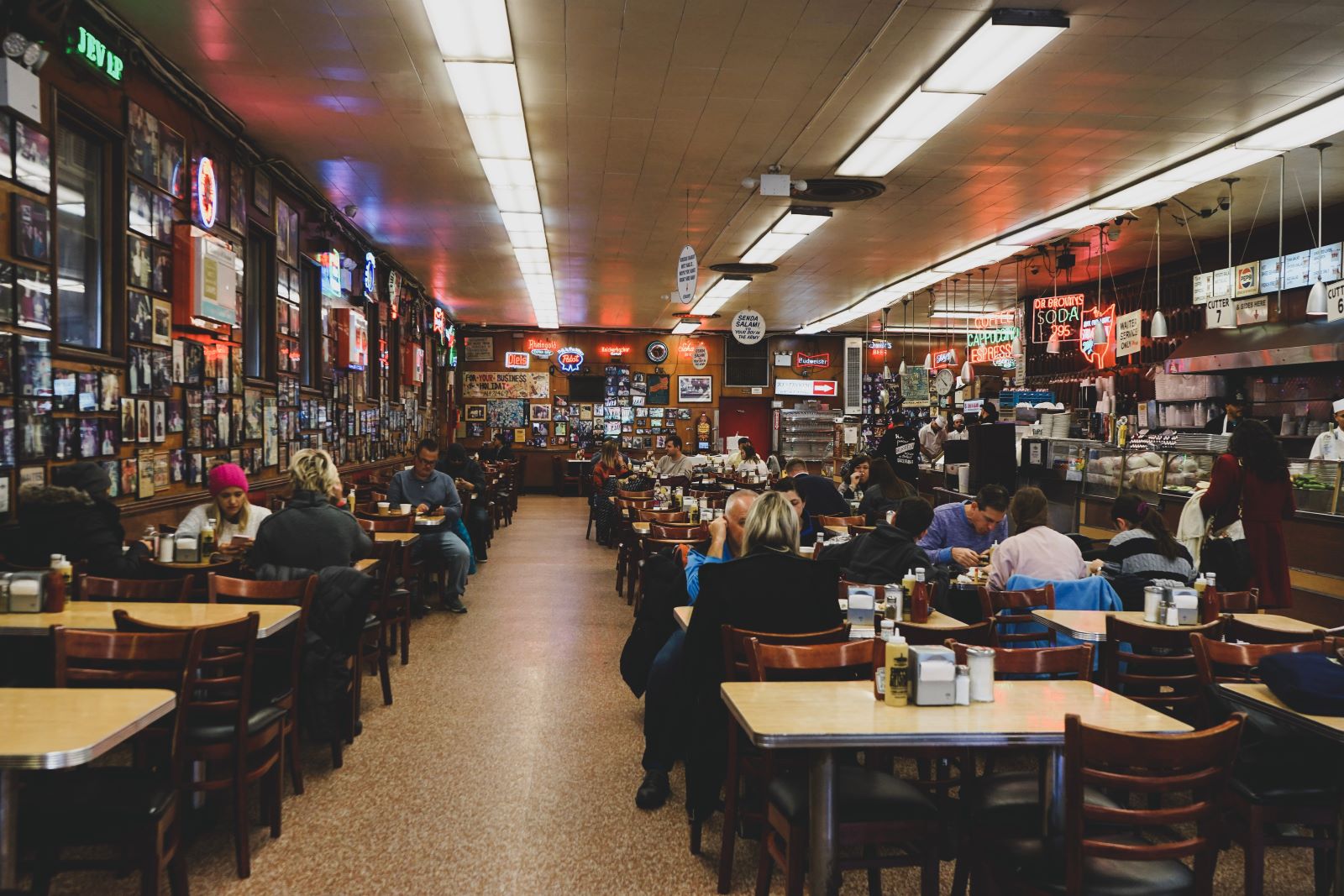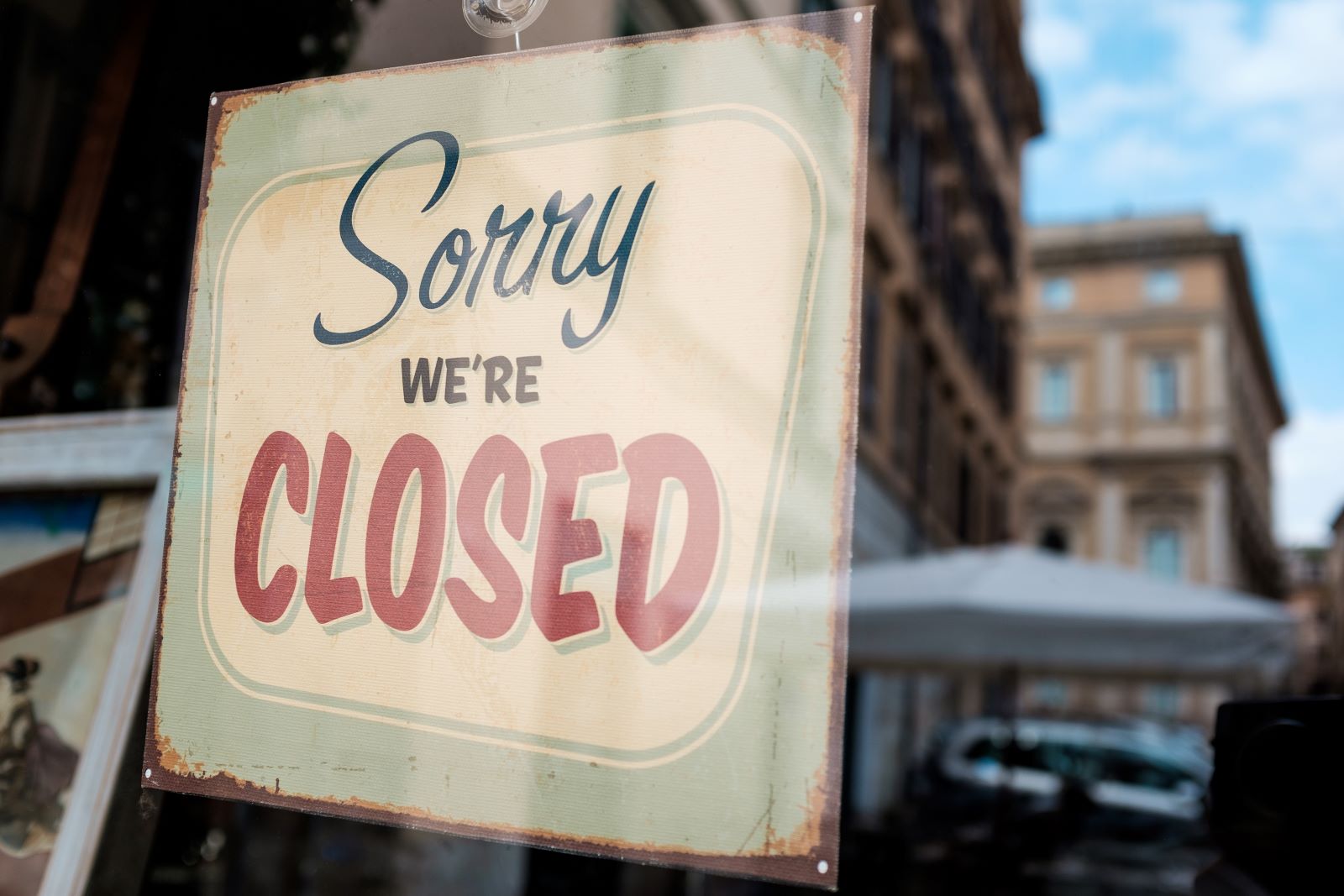The Seattle restaurant industry is about to implement a significant minimum wage hike. Come 2025, a new policy to provide better wages for low-income workers is coming into play.
So, What Does This Imply?

Restaurants and experts argue that this move will cause a severe backlash on businesses, equally affecting their employees. While the policy seeks to improve wages, it may have severe economic consequences.
What Will The New Minimum Wage Be?

For restaurant workers, the proposed wage is $20 per hour by 2025, making it one of the highest in the entire country.
The Purpose of the Increase

Wage inequality in the food industry remains a significant issue, and this initiative aims to address the income gap, especially as rising living costs continue to be driven by inflation.
Hope for Restaurant Workers

This increase will be a much-needed respite for back-of-house positions like chefs, dishwashers, and others who are often paid less than their frontier counterparts, especially with the gap in earnings from tips.
The Ripples This Could Create

Experts suggest that individual wages will be one of many things impacted by the wage increase. Operational costs will likely soar as well.
Restaurants Are Now At Risk

This hike in labor costs is going further to reduce the profit margins for many restaurants in Seattle. This could prove problematic, as most restaurants already run on a thin margin.
Consequences of the Labor Cost Hike

Restaurants will soon be forced to make difficult decisions to stay afloat. This might result in job losses and reduced operations to cut costs.
Restaurant Troubles Will Affect Consumers

Consumers will also risk getting higher menu prices at restaurants in Seattle. This is a typical attempt for restaurants to retain their staff while managing the new wage changes.
What This Could Mean

However, this could alienate customers because they can no longer pay for meals or might be unwilling because of the price increase.
The Decline In Customer Traffic

Low patronage and unwillingness will have adverse effects on customer traffic metrics. This will further affect restaurant profits and might even result in substantial losses while they are figuring things out.
The Tipping Point

Restaurants may soon start implementing mandatory service charges to deal with the salary increase. This move will likely replace the traditional system of offering tips.
Service Charges = Consistency

These service fees could become a source of consistent income for workers. The downside is that it may become another point of dissatisfaction for customers.
Front-House Staff May Suffer

Eliminating tips means that front-house staff may lose a part of their earnings. When mandatory service charges are involved, people are less likely to drop something in the tip jar.
The Hazard of Job Cuts

Staff are now at risk of losing their jobs and getting their hours cut to manage expenses, especially in smaller restaurants. This could result in service quality deficits and reduced income.
Post COVID Clarity

The reality is that the restaurant industry suffered a severe backlash due to the pandemic in 2020. The industry has barely recovered from the crisis, which is bound to result in more economic challenges.
Worst Case Scenario: Restaurant Closure

In extreme cases where the operational costs get too high (especially for smaller restaurants), they might shut down.
This Will Have a Big Impact

The effect on Seattle’s hospitality industry will be staggering as there will be fewer options for local diners and tourists. Tour guides must also update their catalogs to cater to the changes.
Will People Still Eat Out?

These changes will require stricter service quality checks, or restaurants will run the risk of customers choosing to dine out less and seeking cheaper alternatives to their services. However, due to the changes, some customers may willingly improve how much they tip service staff.
From an Economic Standpoint…

Seattle’s dining scene might be at risk of becoming a desirable industry. Due to this decision, many small and independently owned restaurants risk performance drops and closures. Due to economic loss, there will be less diversity in food choices, less tourism, and possibly inflation.
The Future of Restaurants in Seattle

Restaurants will need to adapt in the long run. While many staff might get their hours cut, it also means many restaurants will switch to technological approaches to mitigate their losses. Business models will change, and the policy might result in a complete turnaround for the entire dining industry.
Millennials Are Over It: 25 Reasons Woke Culture Is Losing Its Charm

Has the push for progress tipped too far into preachiness? Here’s why many Millennials might think so. Millennials Are Over It: 25 Reasons Woke Culture Is Losing Its Charm
Is It Time Boomers Paid the Price for America’s Economic Inequality?

The American Dream feels more elusive than ever, especially for younger generations. What was once achievable through hard work now faces significant hurdles, from skyrocketing college costs to the challenging pursuit of homeownership. Here’s a look at why it’s tougher for Millennials and Gen Z compared to Baby Boomers. Is It Time Boomers Paid the Price for America’s Economic Inequality?
Rent Crash in California: Landlords Scramble as Prices Take a Hit

California’s rental market is taking a nosedive, with major cities seeing huge drops in rent prices. Rent Crash in California: Landlords Scramble as Prices Take a Hit
Featured Image Credit: Shutterstock / a katz.
The content of this article is for informational purposes only and does not constitute or replace professional advice.
The images used are for illustrative purposes only and may not represent the actual people or places mentioned in the article.




